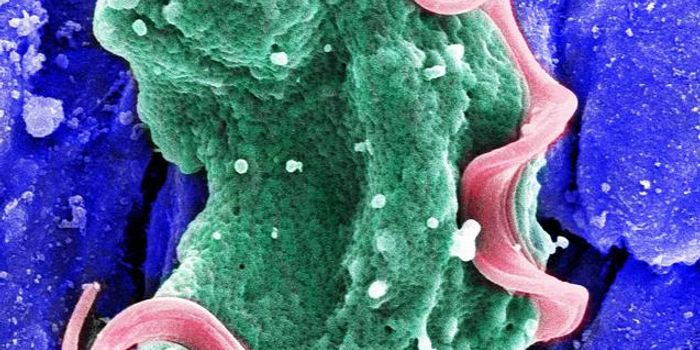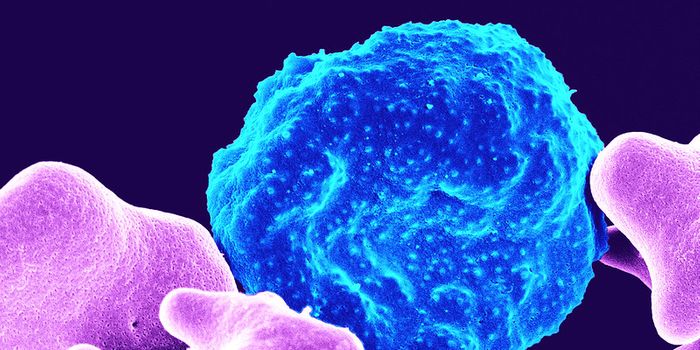Dengue Spreads at Record Rates in a Warming World
As the climate changes, mosquitoes are on the move. Humans are also starting to settle down in places that are already crowded with wildlife. Those changes have come with the spread of dengue virus, a pathogen carried by mosquitoes that has exploded this year to infect a record number of people. Dengue infections can be painful and they may cause severe headaches, fever, nausea, vomiting, and a rash. There is also a range of effects: some infected individuals do not experience symptoms, while in some cases the disease can kill.
Over 4 million people around the world caught dengue virus in 2023, which surpasses the previous highest total that was recorded in 2019. More than 2,000 people are thought to have died from the virus in the Caribbean region this year alone. Right now, about 129 countries that are home to about half of the world's population are at risk from the disease, according to the World Health Organization.
Diseases that are vector-borne, and particularly those that mosquitoes transmit give experts a good look at the impacts of climate change, noted Thais dos Santos, an adviser with the Pan American regional office of the World Health Organization.
While problems in healthcare infrastructure are not helping stem the tide of dengue, extreme droughts and floods, which are known to be increasing as the climate changes, are seriously exacerbating the problem. When the ground dries, and then an unusually heavy amount of rain falls, it can lead to large pools of standing water, which mosquitoes use to reproduce. Increased temperatures have expanded their habitat, while also promoting faster development of the virus while it's being hosted by the bugs. A lack of window screens and air conditioning can also make the problem much worse.
The first locally acquired cases of dengue were recorded in California this year, while Florida confirmed a record 138 cases. Only 65 cases had been reported in Florida the previous year.
The first dengue dashboard is now being created by researchers at London School of Hygiene and Tropical Medicine (LSHTM). The tracker will help countries see the number of cases, where outbreaks are happening, and may help people prepare for travel to places where the disease is more common.
New research is highlighting the fact that a dengue infection does not provide lasting immunity to the infected, either. Even after a person experienced repeated dengue infections, scientists found that the levels of antibodies against the virus still dropped.
Right now, there is s single dengue vaccine, called Dengvaxia® (CYD-TDV), which was created by Sanofi Pasteur. It is currently available to people in 20 different countries who are between the ages of 9 and 45, who live in areas affected by the virus, and who have previously been infected by dengue.
The vaccine can actually increase the risk of severe illness in people who have never been infected before. This happens because of an unusual phenomenon known as antibody dependent enhancement, in which antibodies that the body produces to fight the disease can sometimes make it worse in future infections. The antibodies, in these rare cases, actually help viruses infect cells.
There are several other candidates in development and two are in Phase III trials right now.
Sources: Medical Express, BioDrugs, Science Translational Medicine









